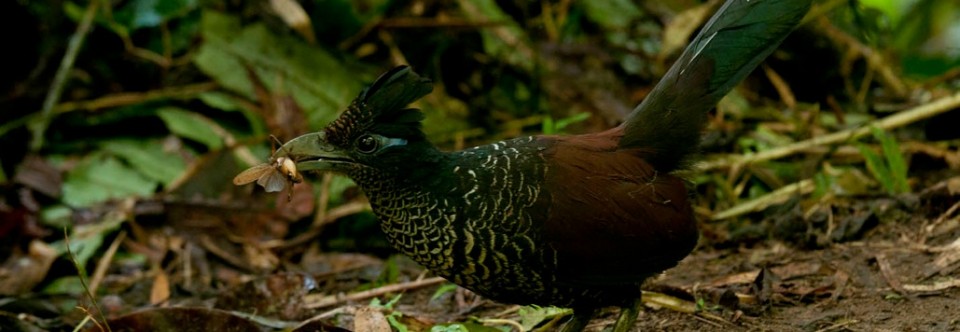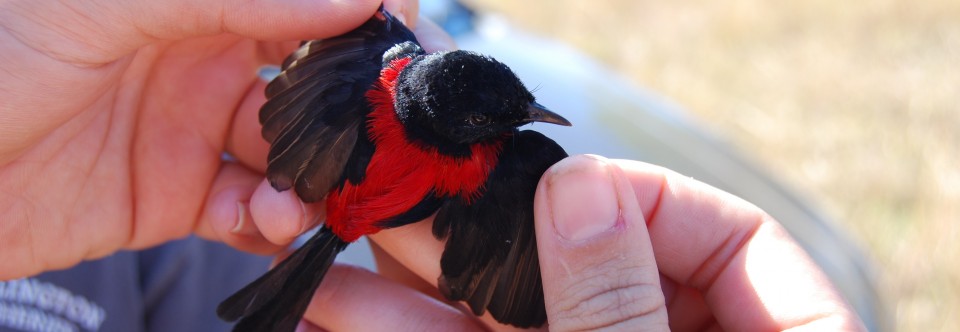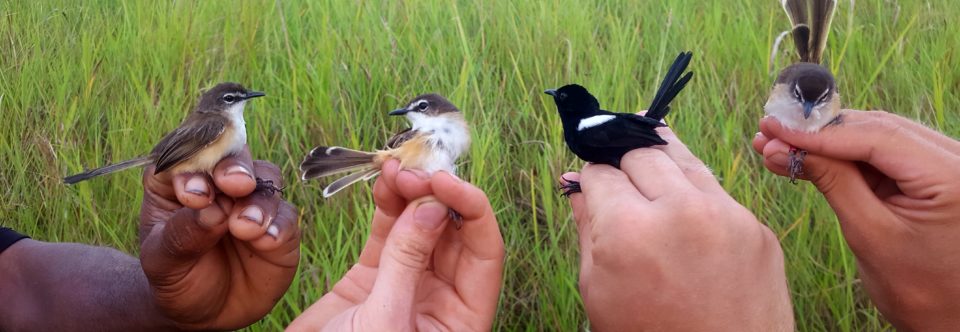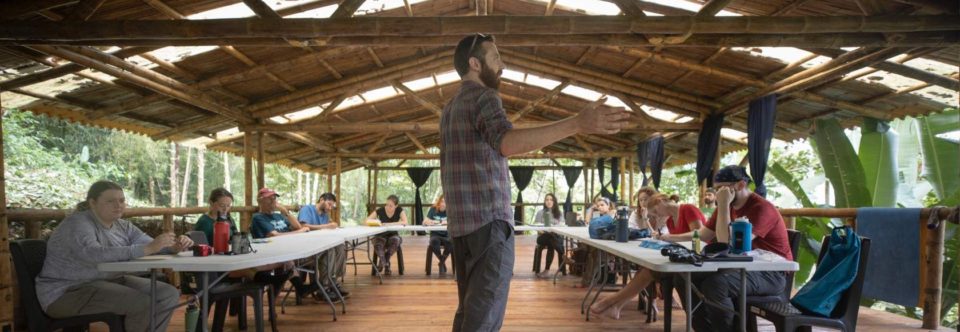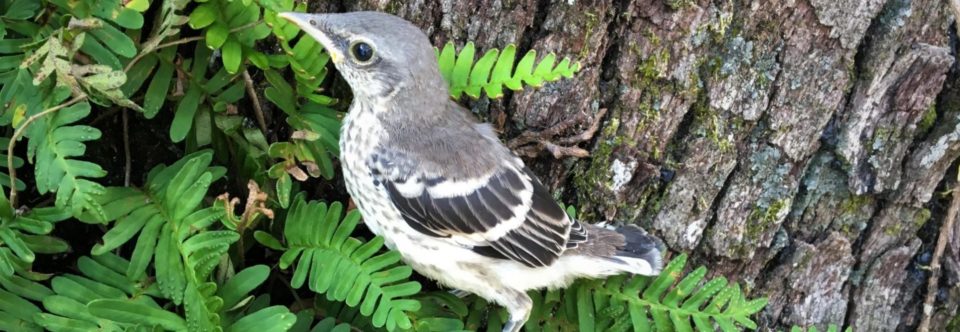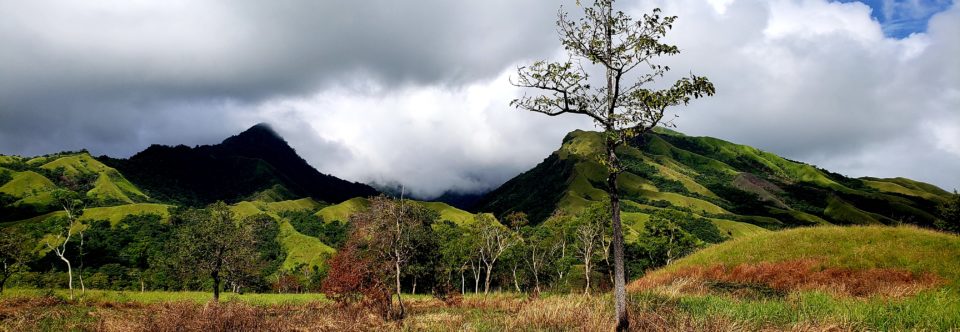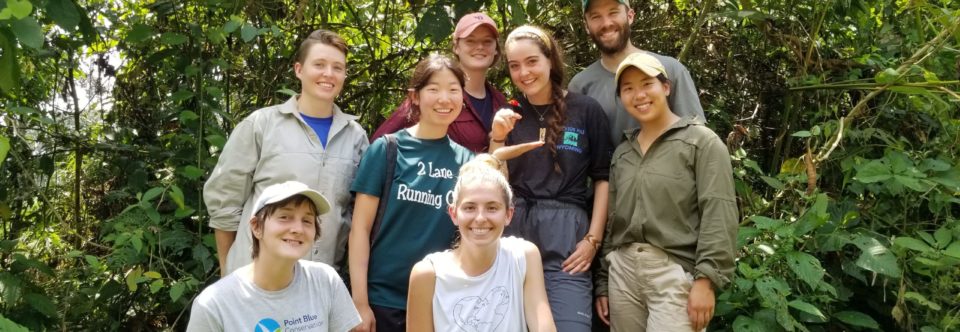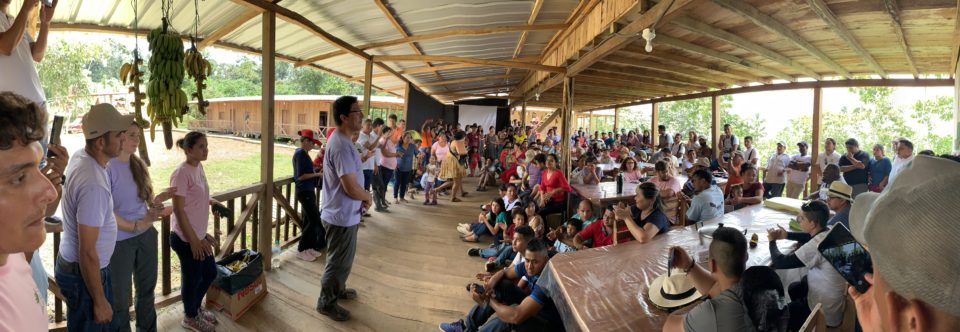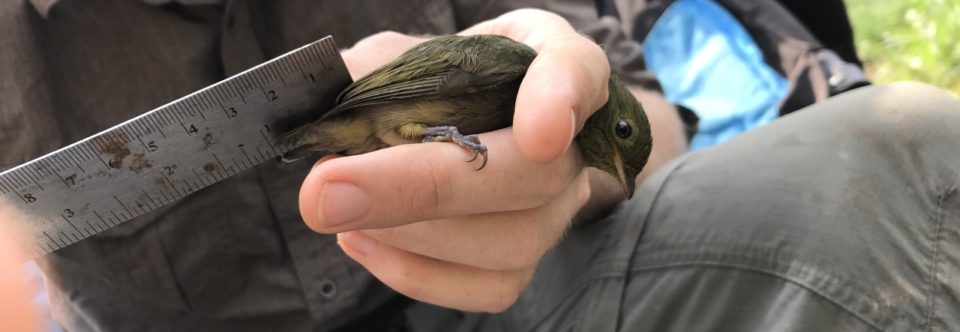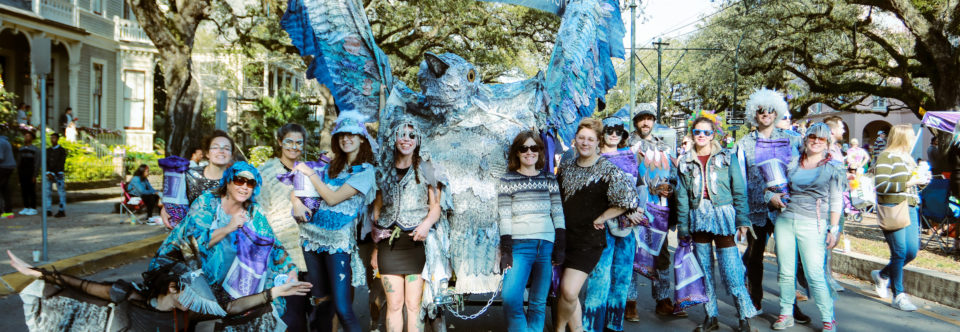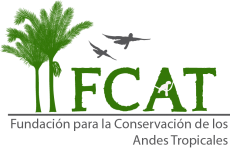"Welcome!"
Welcome! Our lab explores how the environment that organisms experience shapes their ecological, behavioral, evolutionary, and conservation trajectories. We focus our research on animal and plant and plant systems around the world, with active studies on plant-animal interactions, mating systems, demography and survival, signal evolution, movement and dispersal, and endangered species. Our lab takes a socially aware approach that combines community-engaged participatory research with capacity building, training, and education in the biodiversity hotspots where we work.
Fall 2020
The fall semester welcomed students back to campus to teach and learn virtually and in-person!
We welcomed M.S. students Peyton Fralick, Tanner Mazanec, and Ace Spitzer. Undergraduate student Cecilia Hammond has joined the lab, Sarah Uher has moved from lab tech to researcher, and students Ellie Casement, Caroline Camus, Melanie Smith and Erin Sheehy are all making great progress on their honors theses.
As we navigated a whirlwind of a spring semester and summer, the returning PhD students have been productive.
John Jones had a busy summer watching hours upon hours of bird videos and learning how to analyze birdsongs to compare acoustic complexity between two populations of white-shouldered fairywrens. The song results are complete and are now added to the first chapter of his dissertation that he hopes to submit by the end of the year. This fall has been spent juggling teaching, writing this manuscript, writing grants, and washing his hands.
Sarah Khalil had her first chapter published in Proceedings of the Royal Society: B on how testosterone regulated CYP2J19 expression in red-backed fairywrens to produce red plumage. She presented some of her new whole-genome resequencing work describing the genetic basis of red coloration in hybrid fairywrens at the virtual North American Ornithological Conference in August. She was also invited to give a virtual seminar talk at Kenessaw State University in October, and very much enjoyed connecting with the students and faculty there and discussing her PhD work. Sarah is spending most of her time at home analyzing and writing up her other chapters.
Kaushik Narasimhan successfully defended his thesis prospectus and has advanced to candidacy. He also submitted his manuscript about a range extension for the long-tailed weasel in Ecuador and is putting the final touches on the manuscript for the first chapter of his dissertation. He is excited to head to Ecuador to start field research at the FCAT station!
Annelise Blanchette performed some field work over the summer to band nestling mockingbirds in the neighborhood surrounding Tulane. She also worked on a manuscript from her master’s on the antipredator behavior of the green and black poison frog in Costa Rica and intends to submit it for review by the holiday season. Additionally, she decided to include the Anolis lizards in her dissertation and named Dr. Alex Gunderson a co-advisor to complement Jordan’s skills and knowledge. She has continued collaborating with local printmaker Pippin Frisbie-Calder on The Mockingbird Project to create a unique and educational experience for a virtual Mardi Gras 2021!
Mike Ellis started a manuscript exploring how fragmentation may be causing humid forest bird communities to transition into semi-humid forest bird communities. He also began a new remote sensing project with the American Bird Conservancy examining the effects of low impact forestry on biodiversity in northwestern Ecuador. He’ll continue these projects through the fall semester before heading to Ecuador in January to begin his Fulbright Fellowship. He also recently had a paper coauthored with former lab member Rachel Cook and others accepted for publication in the Journal of Landscape Ecology.
Luke Anderson spent the last few weeks of the semester in Ecuador at the FCAT station chasing manakins. He has been learning a tremendous amount about their basic biology and honing his mist netting and behavioral observation skills. He also finished an article on behavior away from the lek in long-wattled umbrellabirds and has submitted it for review – fingers crossed!
Jordan Karubian has been keeping busy during Fall 2020, the Semester Like No Other. He has had a few papers come out, including Sarah Khalil’s first thesis chapter on production of the eponymous red plumage on the back of male red-backed fairy-wrens, former MS student Rachel Cook’s paper on diversity of mammals and terrestrial birds in forest fragments (with Mike Ellis and lab alums Tadeo Ramirez and Luke Browne), and former honors thesis student Tadeo Ramirez’s paper on the phenology of the Chapil palm Oenocarpus bataua in Ecuador. He has also put a lot of energy into the conservation work of FCAT, which has recently expanded its reserve size from 164 ha to 550 ha and is starting an ambitious experimental reforestation project – we are looking for passionate and committed young biologists and conservationists to come and join us, so it that sounds like you, reach out!
Read MoreSpring 2020
Spring has sprung. The flowers are blooming, the trees are budding new leaves and the Karubian lab has been adapting to the unfolding coronavirus pandemic. We have been meeting virtually for the past several weeks and doing our best to keep motivated as we revise our plans to adjust to a summer without field research. The beautiful weather has been a huge help as we maintain social distancing through this challenging time, and the migratory birds and centuries-old oaks serve as much-needed reminders that ‘this too shall pass’.
First things first – congratulations to Dr. Zoe Diaz-Martin for successfully defending her PhD dissertation, flawlessly and virtually.
Our plus one master’s students have done amazing this year as well while finishing their programs. Congratulations to Caitlin McCormick and Wendy Deng!
We also congratulate Margaux Armfield and Sarah Lueder on successfully defending their Honors Theses! Congratulations to all our graduating seniors – Margaux, Sarah L, and Morgan Furlong.
We also welcomed Sophomore Ellie Casement and Juniors Melanie Smith and Zac Ripich to the lab this semester! Ellie, Melanie, Zac and Erin Sheehy all received grants to conduct research this summer in Ecuador
Although this is by far the strangest semester we have had, the PhD students are still busy and looking to the future.
Zoe Diaz-Martin successfully passed her doctoral dissertation defense, scooping up departmental honors for best dissertation this year as well as the ‘Tulane 34’ award, among the most prestigious and selective honors the university bestows! She accepted a three-year post-doctoral research position at the Chicago Botanic Garden in the Plant Science and Conservation department. She will be working on two projects – one is an NSF funded project that investigates the drivers of diversification in the primrose family. The other aims to develop a tool for botanic gardens that is akin to ‘studbooks’ in zoos, which allows for the effective genetic management of highly endangered plant species that primarily exist in garden collections.
John Jones has completed his Endeavour Fellowship and returned from his extended field season in Papua New Guinea and Australia and has finally gotten used to being home here in New Orleans. In preparation for his final field season, he has been awarded grants from our department, the Society for Integrative and Comparative Biology, and the Animal Behavior Society. In the meantime, John is writing up the results from his prior field seasons, catching birds, and frequently washing his hands.
Sarah Khalil completed a year of work at Cornell University in the lab of her committee member, Dr. Irby Lovette. In January, she presented her work on how testosterone regulates gene expression to produce red plumage in red-backed fairywrens at the Society of Integrative and Comparative Biology (SICB) conference in Austin, Texas, where she was a finalist for a best student presentation award. She also received grants from Society for Integrative and Comparative Biology and the Lewis & Clark Fund and is currently analyzing her whole-genome resequencing data and writing up her other chapters.
Kaushik Narasimhan has had a busy semester as he prepares to defend his prospectus. Additionally, he is finishing up a manuscript documenting a range extension of the Long-tailed weasel, Mustela Frenata, based on camera footage found from his first chapter, on fruit removal at palm trees in relation to surrounding fruit neighborhood. He has also conducted niche modeling for the endangered banded ground-cuckoo. Future plans are in flux as his field season in Ecuador is impacted by Covid-19, but Kaushik is hoping for the best!
Annelise Blanchette has been on a research assistantship with funds from the Morris Animal Foundation this spring, preparing for her first full field season. She designed a memory-based study on the mockingbirds, thought about ways to monitor their nesting success, and contributed to a grant proposal with undergraduate Caroline Camus and Dr. Myra Finkelstein (UC Santa Cruz) to the Morris Animal Foundation. During Mardi Gras, Annelise and Jordan worked with local printmaker Pippin Frisbie-Calder and Cammie Hill-Prewitt from Tulane’s Bywater Institute and Studio in the Woods to collect beads for recycling and spread awareness of soil-lead contamination and the mockingbird project. Currently, Annelise is trapping and banding as many adult mockingbirds around campus as possible with the hope of completing her behavioral experiment and nest success monitoring next year. She’s perfecting her methods and will try to watch the wildlife and cats on campus through camera traps to take advantage of these quiet times (and she’s already garnered a bit of a tan).
Mike Ellis has been hard at work this semester applying for grants and fellowships between outings for the Ornithology lab he TA’s. He’s also been honing his research on eco-evolutionary drivers creating and maintaining tropical diversity gradients. Mike has received a Fulbright Fellowship that will allow an extended field season in northwestern Ecuador in 2021.
Luke Anderson submitted a manuscript on signal jamming behavior in brown-headed cowbirds based on his master’s thesis research. He’s also been taking classes and preparing for his upcoming field season. Whenever travel is up and running again, he plans to travel to Ecuador and conduct a nest monitoring study on green manakins. He was recently awarded a Lewis & Clark Exploration Fund grant to support this work. During the quarantine, he is working on analyzing prior data and writing up a paper about long-wattled umbrellabird foraging behavior.
Lastly, but definitely not least, our advisor is promoting mindfulness during this hectic time and always remembers to check in with us, though he is incredibly busy himself.
Jordan Karubian has been kept on his toes the past several weeks trying to balance home schooling with being a professor… let’s just say there is never a dull moment! There have been some positive developments on the work front. With collaborators Dr. Scott Walter (Texas State, San Marcos) and Dr. Barbara Piperata (Ohio State), he received a NSF ‘IRES’ grant which will allow research and training opportunities for undergraduate students in Ecuador. He has also had publication come out on brown pelican foraging ecology, with lab alum Dr. Brock Geary. Jordan is very proud of his graduating students and of continuing lab members for the character they have shown during this challenging time.
Read More
